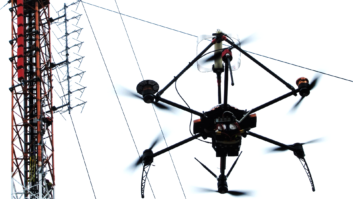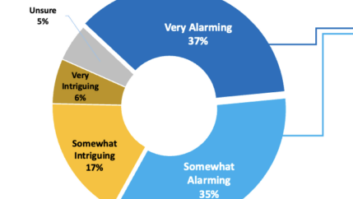HAWTHORNE, Calif.�Elon Musk�s SpaceX has asked the FCC for permission to begin testing technology that would be used to provide Internet service from space.
�
His long term plan calls for launching a constellation of 4,000 small and cheap Low Earth Orbit Satellites (LEOS) that would provide high-speed Internet connectivity to all parts of the globe, including its most remote regions. Musk has said the effort �would be like rebuilding the Internet in space,� according to the Washington Post.
�
Providing Internet access from outer space is not a new idea by any means; the trouble is that many of these ventures have run into serious obstacles and financial trouble. But, Musk has his own rocket manufacturing company, and he has said his swarm of satellites will be more efficient and inexpensive than relying on a handful of big devices that are difficult to replace.
�
“Normally the way satellites are done is they’re like Battlestar Galactica � there’s like one of them, and it’s really giant and if this thing doesn’t work it’s terrible, like the whole business collapses,” Musk told an audience in Seattle in January. “But if you have a large constellation, you can afford to lose individual satellites and it doesn’t affect the constellation very much.”
�
Musk is not alone; Richard Branson’s Virgin Group and Qualcomm are investing in the start-upOneWeb, which has similar goals to provide high-speed Internet access, using nearly 650 small satellites, according toUSAtoday.com.�
�
Google and Fidelity invested $1 billion into the SpaceX venture earlier this year.�
�
Interestingly, Facebook recently abandoned its plan to build a $500 million satellite network intended to provide Internet access across the globe.�Still, it�s possible that the Verizons, Comcasts and AT&Ts of the world may soon find themselves with some very stiff competition. �
�
�












